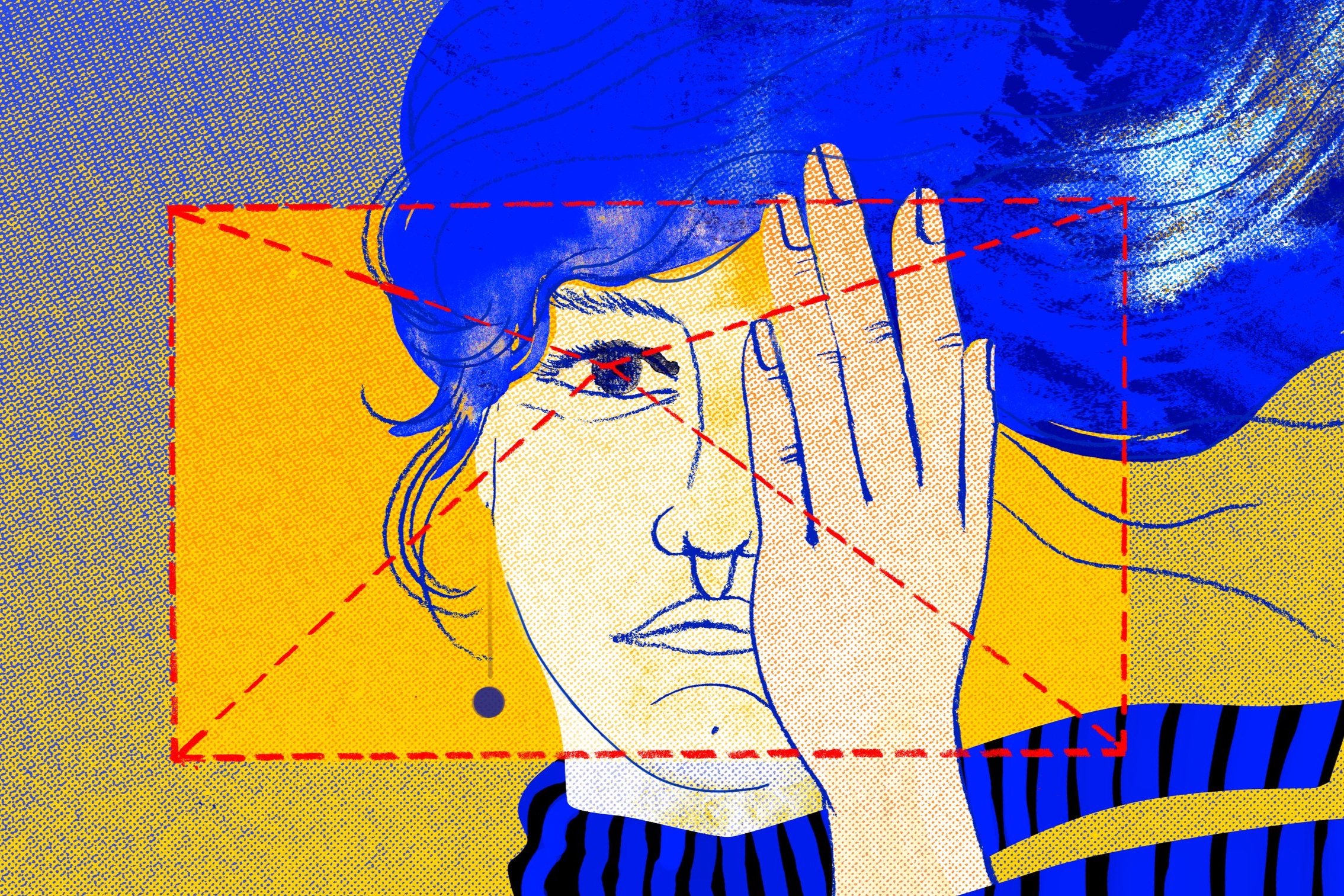Can the collective relationship of film persevere during conflict? 🇺🇦
Boycott VS censorship | Illustration: Natalia Wilkoszewska
Written by Mark Brennan
With war raging on in Ukraine, and abhorrent violence continuing to be perpetrated by the Russian military against the Ukrainian people, it couldn’t be clearer which is the side of decency, democracy, and humanity. As such, governments, companies, organisations, and individuals alike, have all unified in an unprecedented way to express their disgust and outrage at the actions of the Putin regime.
What’s less clear, is how this unified stance should apply to the Russian people, those who oppose the war their government is waging, and especially, artists - including filmmakers and film festivals. When a war for democratic and free-thinking is literally being fought as I write this, we’re in a moment where the boycotting of Russian films, filmmakers and festivals is something some argue is the least that can be done to show solidarity with the people of Ukraine.
That was the position took by the Glasgow Film Festival, who last month chose not to show two Russian films, No Looking Back and The Execution, stating “in light of the invasion of Ukraine by Russia, and in response to a plea by the Ukrainian Film Academy.” It was a move that drew criticism from some, with accusations of censorship, but the festival released a statement to clarify that the boycott was a specific to films that had received state funding.
Then there is the Cannes Film Festival, which has boycotted Russian delegations and anyone with links to the Putin regime, but has not banned Russian films or Russian filmmakers as individuals. In a statement the festival said,
“[Cannes will] always serve artists and industry professionals that raise their voices to denounce violence, repression, and injustices, for the main purpose to defend peace and liberty”. The Berlin International Film Festival has followed suit by stating, “Even in face of the criminal Russian war of aggression, therefore, it cannot be the intention to exclude filmmakers or cultural workers from the Berlinale on the basis of their nationality, or to isolate them.”
So, some film festivals have chosen not to select work by Russian filmmakers, while some have faced criticism for continuing to do so. Others have chosen to specially programme Ukrainian films at a time when some of those filmmakers may well be fighting for their homeland.
Then there are the film festivals that are normally hosted in both Ukraine and in Russia.
The Moscow International Film Festival, now in its 44th year, has made the decision to postpone their festival dates. The main reason given is the impact current events have had on filmmakers both attending and submitting to the festival. In a statement they said:
“Appreciating their concern we hereby announce that the dates of the Moscow International Film Festival are postponed until the second half of 2022. The exact dates will be announced later. We express our gratitude to all filmmakers who have already confirmed their participation in the Festival, and hope to see all of you in Moscow later this year, presenting you new works.”
Of course, no festival has been impacted more by the war than those in Ukraine. One such festival is Molodist, a film festival based in Kyiv, that has been running for over 50 years. They are unequivocal about where they stand on this topic.
“Perhaps others may be more diplomatic in such an address, but we will allow ourselves to not hold back when we, our friends and loved ones, and all our compatriots are in a very real danger of losing our lives.”
“Committed to freedom of expression, [some international festivals] fail to understand a simple fact of giving voice to a seemingly liberal extension of the shamelessly (neo)colonial policies toward Ukraine. When all over the world many businesses and industries, including cultural ones, cut off Russia for the horror it inflicts on Ukraine once again, you choose to separate culture from politics as if that has ever been true.”
It's easy for the rest of the world to have a more tempered and balanced opinion when it comes to freedom of expression versus censorship when war is not on their doorstep, but one thing that history has proven time and time again, is that art in all its forms always finds a way to reach an audience; hindered, restricted or otherwise.
As Festival Formula, a company that travels the world film festival circuit and embraces different cinematic cultures and audiences, it’s heart-wrenching for us that these discussions have come to the fore. However, that pales in comparison to the suffering of those who are senselessly losing their lives and loved ones at the hands of a foreign aggressor. We wouldn’t dare presume to encourage a festival or a filmmaker towards one course of action or another in the face of such unfathomable tragedy and violence.
What this war shows, as all wars do, is the endless and unpredictable ripple-effect that comes from conflict of this scale. If there is any positive to take from what’s happening in Ukraine, it is the unified condemnation and collaboration of those nations and companies opposed to the Russian invasion. We can only hope that when this conflict finally ends, that collaboration continues to bring together once again all artistic voices from across the world.




